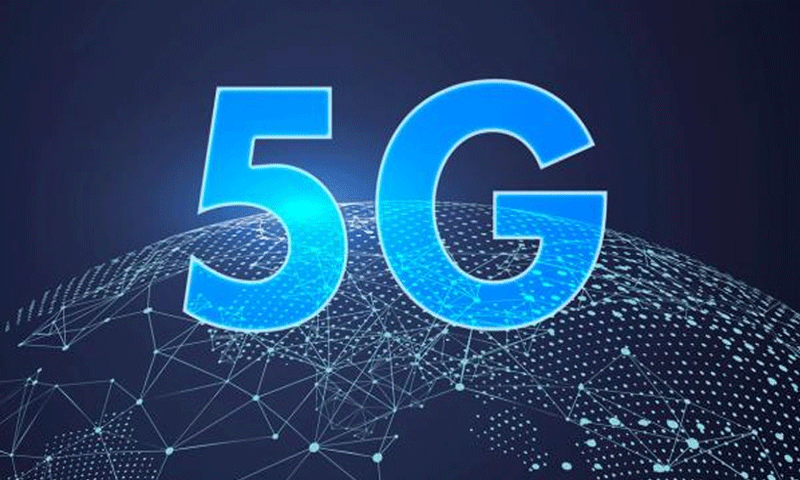- Web Desk
- Feb 16, 2026
Rubio impersonator using AI contacted foreign ministers, cable says
-

- Reuters
- Jul 09, 2025

WASHINGTON: An individual using an artificially generated (AI) voice to impersonate Secretary of State Marco Rubio contacted three foreign ministers and two US officials last month, pretending to be the top US diplomat, according to a diplomatic cable seen by Reuters on Tuesday.
In mid-June, the person contacted the ministers, a US governor and a member of Congress via the Signal messaging app and left voicemails for at least two of them, the cable said. In one instance, a text message was sent to invite the targeted person to communicate on Signal.
Read more: US says Chinese state-sponsored contract hacker arrested last week in Italy at US request
“The actor likely aimed to manipulate targeted individuals using AI-generated text and voice messages with the goal of gaining access to information or accounts,” the cable said.
The Washington Post first reported the attempt.
The episode comes weeks after the administration faced a crisis when President Donald Trump’s former national security adviser Mike Waltz created a group chat on Signal where a journalist was accidentally added. Information about military strikes on Yemen was subsequently shared on the chat.
“There is no direct cyber threat to the department from this campaign, but information shared with a third party could be exposed if targeted individuals are compromised,” it said.
The State Department cable, dated July 3, was sent to all diplomatic and consular posts and suggests that staff warn external partners about fake accounts and impersonations.
It did not reveal further details about the identities of the foreign ministers and US politicians contacted.
“The State Department is aware of this incident and is currently investigating the matter,” a senior State Department official said, speaking on the condition of anonymity.
“The Department takes seriously its responsibility to safeguard its information and continuously takes steps to improve the department’s cybersecurity posture to prevent future incidents,” the official added.
In mid-May, the FBI said malicious actors were using text messages and AI-generated voice messages to impersonate senior US officials in a scheme to gain access to the personal accounts of state and federal government officials.
Access to targets’ accounts could be used to go after other government officials or their associates and contacts, and could also be used to elicit information or funds, the FBI said in a public service announcement.
The FBI declined to comment.
Neither the cable nor the US officials pointed to a suspected perpetrator, but the cable made reference to a second effort in April that was attributed to a Russia-linked hacker who conducted a phishing campaign targeting think tanks, Eastern European activists and dissidents and former State Department officials.
In that attempt, the perpetrator copied a fake “@state.gov” email address on the messages as well as logos and branding used by State’s Bureau of Diplomatic Technology, it said.
“The actor demonstrated extensive knowledge of the department’s naming conventions and internal documentation,” it said.
In that campaign, the person posed as a State Department official in messages sent to private Gmail accounts.
Read more: Saudi crown prince meets Iranian foreign minister in Jeddah
The State Department said industry partners attributed that campaign to a cyber actor associated with the Russian Foreign Intelligence Service.
The incident comes weeks after the Wall Street Journal reported that US federal authorities were investigating an effort to impersonate White House chief of staff Susie Wiles.




